.png?width=820&name=FREE%20MARKETING%20TOOLS%20(3).png)
Sustainable agriculture, soil health, and ag-tech have been hot topics regardless of whether you are a farmer, landscaper, grounds manager or homeowner. These are important conversations that impact the environment and food security. That’s why we have curated these 8 Incredible TED Talks On Sustainable Agriculture. Topics include but are not limited to, microbes, plant communication, mushrooms, and the space age!
A Forgotten Space Age Technology Could Change How We Grow Food
Sustainability researcher, Lisa Dyson discusses how abandoned NASA programs from the 1960s could revolutionize modern agriculture. NASA researchers were able to manufacture protein-rich products using hydrogenotrophic microbes - known as “Carbon Recyclers”. These same microbes could be a potential solution for modern food demands.
Reading this blog via email? Click here to watch the video.
Regeneration Of Our Lands: A Producer’s Perspective
The health of our soil resource has declined to such a point that it is not only negatively affecting farm and ranch profitability, but it is also having a devastating impact on everything from our water quality to our communities and even to our health.
In the above video, North Dakota rancher Gabe Brown walks us through a common sense solution to this crisis.
Gabe Brown is a pioneer in the soil health movement. Gabe and his family, own and operate a diversified 5,000-acre farm and ranch near Bismarck, ND. Their operation focuses on farming and ranching in nature’s image.
Reading this blog via email? Click here to watch the video.
Soil – From Dirt To Lifetime
Did you know there are more living organisms beneath the soil than there are above it? Soil scientists can’t even come to an agreement about how many microbes are actually in the soil. In this TED Talk, Fred Kirschenmann, a pioneer in sustainable agriculture, explores the power of soil and the history of soil.
Fred has been involved in sustainable agriculture and food issues for most of his life. He serves as both a Distinguished Fellow at the Leopold Center for Sustainable Agriculture at Iowa State University and as President of the Stone Barns Center for Food and Agriculture. He also manages his 2,600-acre organic family farm in North Dakota.
Reading this blog via email? Click here to watch the video.
Electrical Experiments With Plants That Count And Communicate
Neuroscientist Greg Gage takes equipment used to study the brain and attaches it to the Mimosa Publica (a plant whose leaves close when touched) and the Venus Flytrap. His goal? To demonstrate how plants use electrical signals to convert information, move and even count. Watch Gage’s TED Talk for his demonstration and explanation on how plants count and communicate.
Reading this blog via email? Click here to watch the video.
One Seed At A Time, Protecting The Future Of Food
Diversity within crops is a genetic resource that is crucial to the future of agriculture, and that diversity is crumbling. For example, in the 1800s U.S. farmers and gardeners were growing 7,100 varieties of apples and today just 300 exist.
Biologist Cary Fowler banned together with the world’s scientists, organizations and governments to preserve samples of seeds in the Svalbard Global Seed Bank located in Norway. At the time of the TED Talk, their seed bank held 425,000 unique crop varieties.
Watch Fowler’s video to learn more about why diversity is crucial to agriculture and how they are protecting the world’s crop varieties. Reading this blog via email? Click here to watch the video.
Mark Jackson: A Personal Story About Farming And The Future Of Agriculture
Five generations ago, Mark Jackson’s great-great-great-grandfather purchased a plot of land in Iowa and the Jackson family has been farming it ever since. In this narrative, Mark describes the changes that have happened in agriculture over the past generations and how some things have stayed exactly the same. Mark’s story illustrates the power of sustainable farming from a farmer’s perspective.
Mark is a fifth generation Iowa farmer who practices sustainable production and environmental responsibility in his modern family farming operations. He was one of the original farmers who pioneered sustainable soybean farming with Unilever.
Watch the video above to learn more about his story and sustainable agriculture. Reading this blog via email? Click here to watch the video.
6 Ways Mushrooms Can Save The World
Paul Stamets, a mycologist, dives deep into the soil to explore the power of mushrooms and offers 6 solutions on how mushrooms - specifically fungal mycelium can save the world. Mycelium is a threadlike hyphae portion of fungi that contribute to soil health and can deliver nutrients to plants. In a single cubic inch of soil, there are more than 8 miles of mycelium.
Reading this blog via email? Click here to watch the video.
Dig In Deeper to Soil Health: Download Our Soil Science eBook
Within the natural world, there exists a complex balance among living organisms known as the soil food web. Plants, animals and microorganisms are all instruments in an orchestra; each plays a crucial part in the natural symphony of life. If even one of the players is out of tune, the whole soil food web suffers. However, when everything is in order, the results are beautiful.
Download this book to explore:
1. How the soil food web supports healthy plant
2. The power behind soil microorganisms
3. Soil types and how to improve the health of your soil
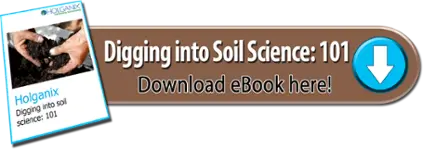
 |
January 17, 2019
|
5:01 PM
|
January 17, 2019
|
5:01 PM



.png?width=820&name=FREE%20MARKETING%20TOOLS%20(3).png)

.jpg)
-4.jpg)
-2.jpg)
-1.jpg)
-1.jpg)
-1.jpg)
.webp)
-1%20(1).webp)
-831535-2.webp)
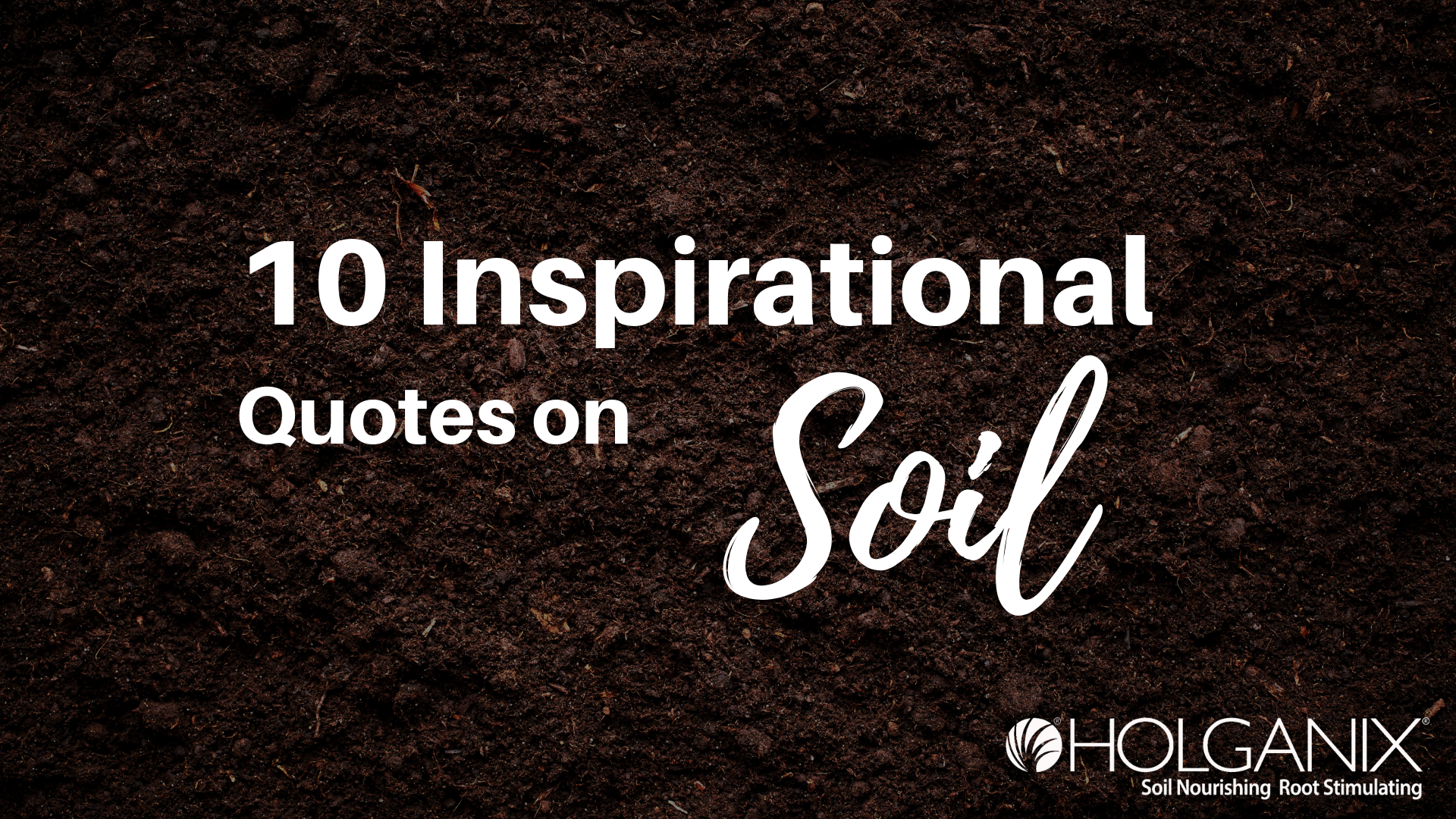
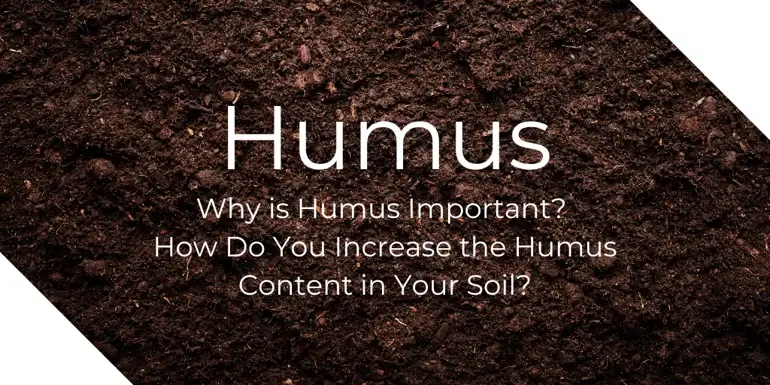
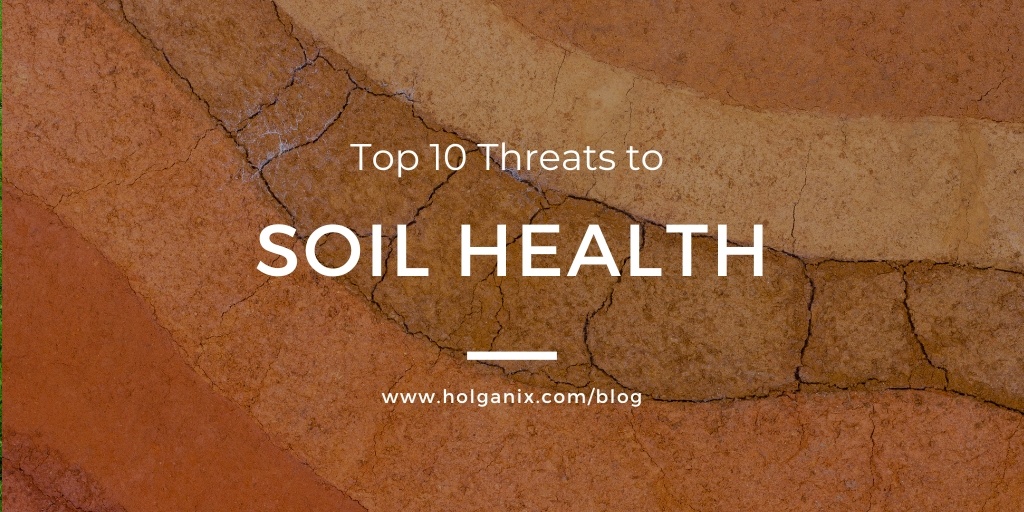
.png)
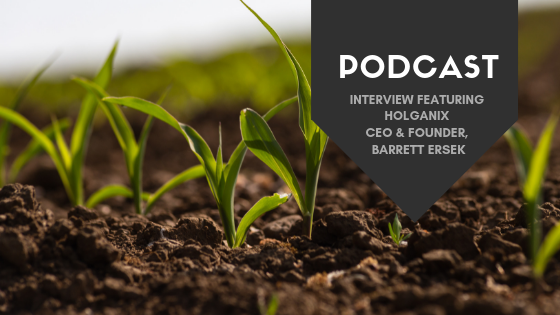
.png)